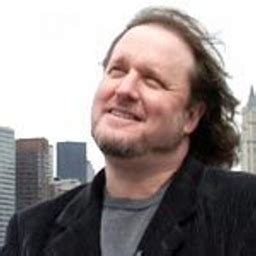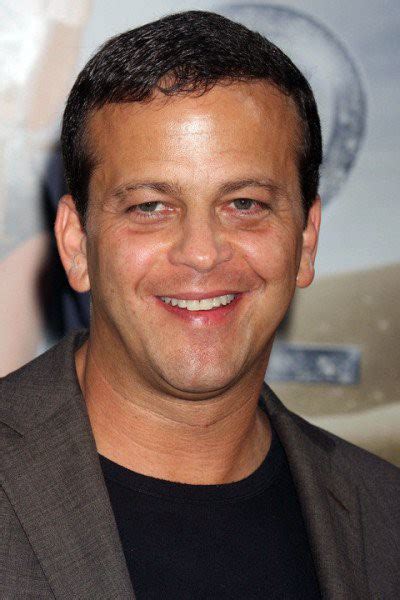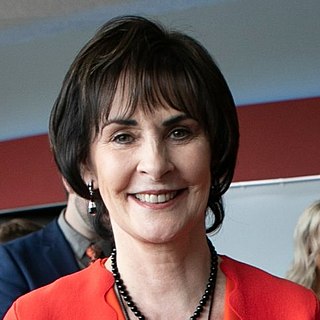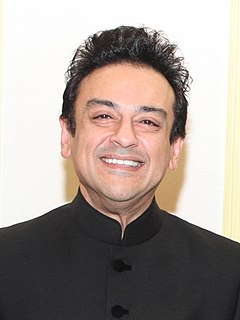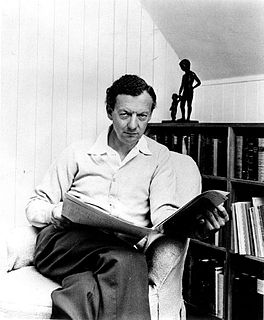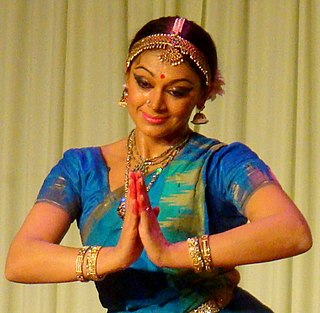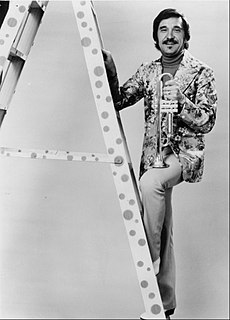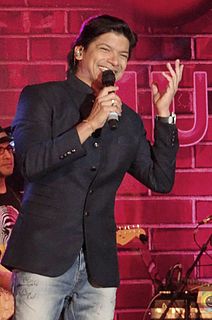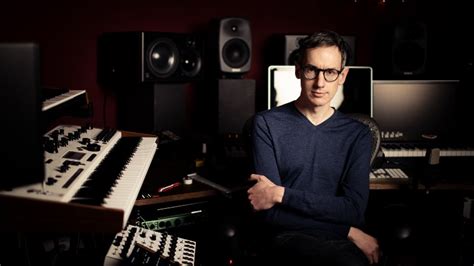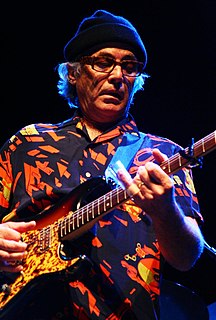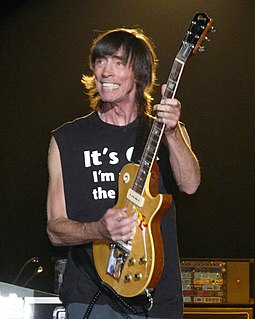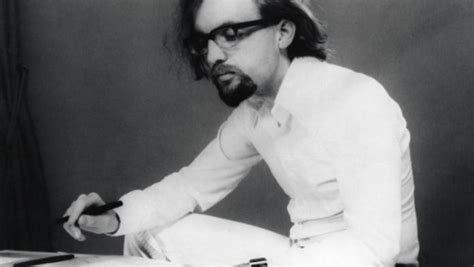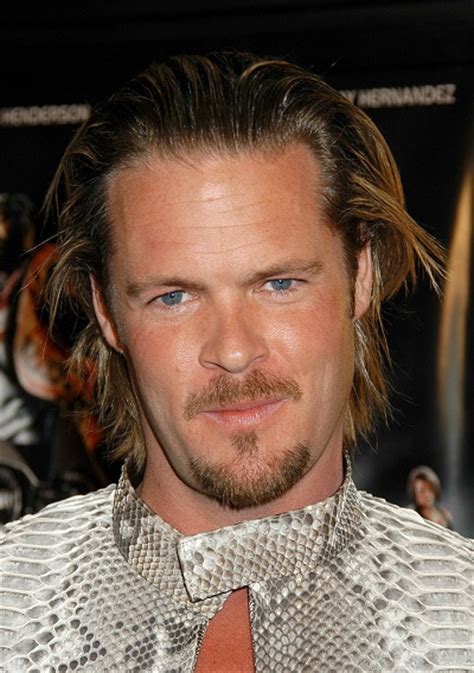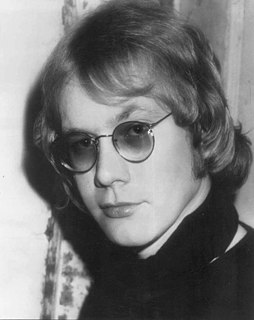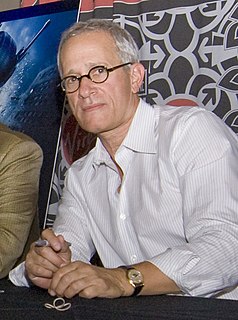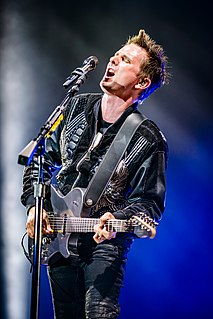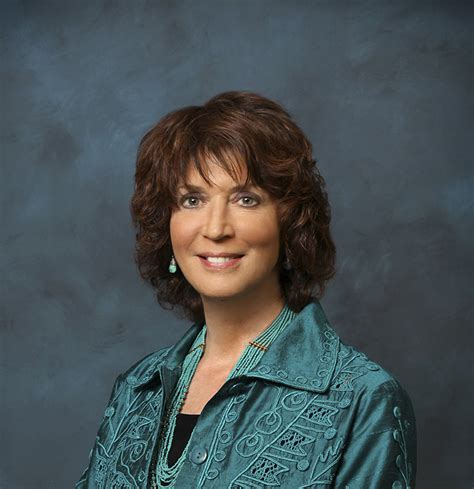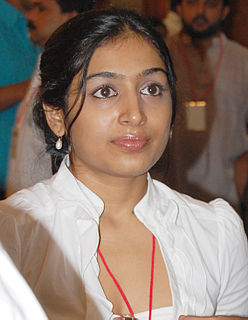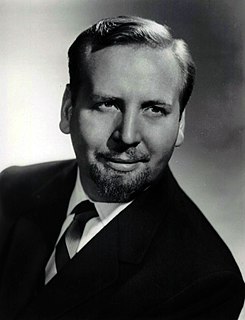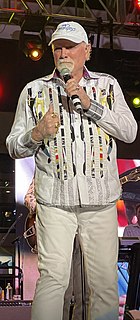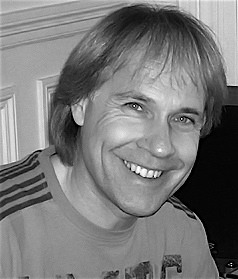Top 1200 Classical Composers Quotes & Sayings
Explore popular Classical Composers quotes.
Last updated on November 26, 2024.
I took classical piano for a couple of years, but I sort of lost interest - I couldn't read a note today if I tried. I still enjoy that stuff, and I think I naturally gravitate towards the classical licks; in fact, I know that I do. I gravitate towards the classical licks that I heard by famous old composers.
On one hand you have a string quartet, which is not a symphony. On the other hand is you have me sampling them and making it sound like there is many more people playing, so the whole notion of, kind of, sampling applied to classical music is very intriguing to me because composers throughout history have borrowed motifs and quotes from one another.
I know that the classical world has resisted film composers throwing their hat into the classical concert music ring. And you know I don't think that's totally without justification. I think sometimes it seems to me there is a built in automatic prejudice against the whole idea of it. And it's very difficult to overcome that stigma.
For many years, I've always been attached to what they call the Great American Songbook, and Kern was a great leader of that because he had the classical training of Europe. He impressed all the greatest composers, like Cole Porter and Gershwin. They couldn't believe he was writing the songs he was writing.
In some ways, it is difficult for contemporary composers to find an audience. Both men and women would love a culture that embraced and hungered for new music, as they did in the Classical period. I tell my students that they should just keep writing, write what pleases you, and don't worry about what people or critics may think about your music.
... Andres Segovia literally created the genre of classical guitar, which hadn't existed before around 1910. There was flamenco, which he borrowed from, but he actually arranged the works of Mozart and other classical composers for guitar, something that had never been done before ... Segovias' style is not slick or contrived, but it's still very clean and his timing is impeccable ... it's got a feeling of casual elegance, as if he's sitting around the house in Spain with a jug of wine, just playing from the heart.
